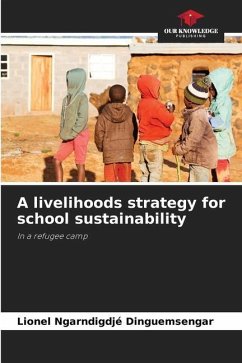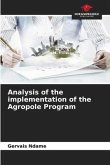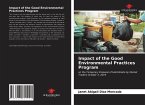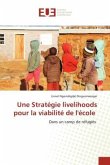After more than a decade of the Darfur crisis, humanitarian interventions in the 12 Sudanese refugee camps in eastern Chad have begun the transition from relief to development. In this move to empower refugees,Jesuit refugee service(JRS)initiated its Livelihoods program in 2017. This program aims to support the empowerment of schools through income-generating activities (IGAs).Thus, JRSimplemented four projects as part of its program between January 2017 and June 2018at its Iriba base. Of the 16 IGAs resulting from these projects, only 5 were successfully implemented, 2 of which were operating normally during the study period.these results suggest that JRS did not take into account the specificities of each camp when designing its strategy. In order to better understand these difficulties, the study set out to evaluate the program's strategy.
Bitte wählen Sie Ihr Anliegen aus.
Rechnungen
Retourenschein anfordern
Bestellstatus
Storno








